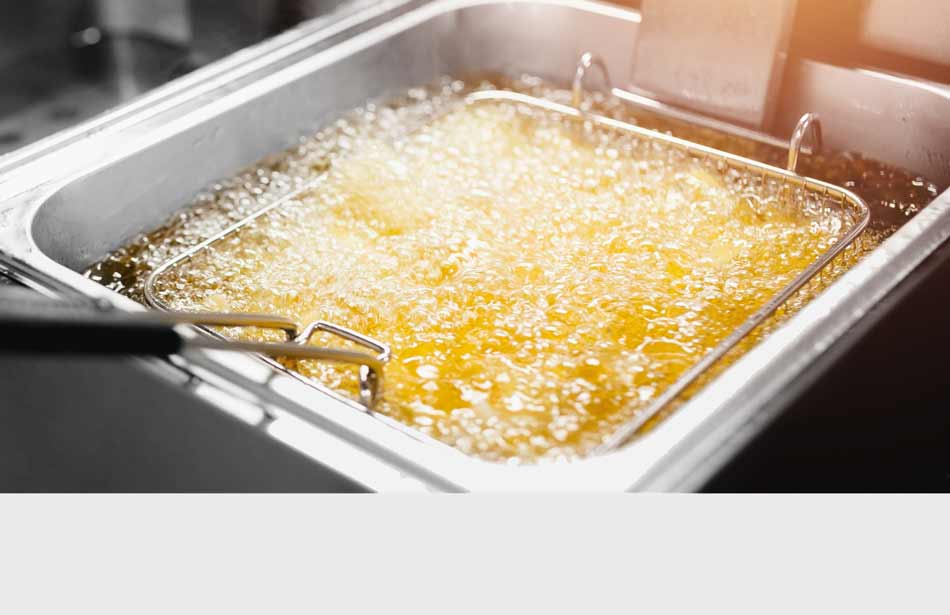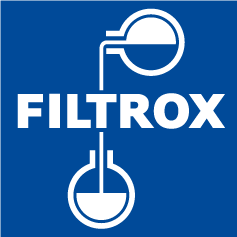Frying oil degradation is a very complex process. It involves several chemical and physical reactions between the frying medium and the product. During frying, physical changes occur, such as heat being transferred from the heating elements to the frying oil and consequently from the oil to the food. Heat causes water in the food to evaporate and reacts with the frying medium.
In addition, there are several chemical reactions occurring among food, frying medium and air. These interactions, influenced by the frying oil, food types as well as frying conditions and oxygen availability are interrelated and produce a complex mixture of substances. The chemical reactions frying oil undergoes are oxidation, hydrolysis and polymerization.

Oxidation
The oxidation is the interactions of the frying oil with oxygen, either coming from air or from the product. Oxidation by-products are hydroperoxides, ketones, dimers, among others. These compounds evolve to other volatile and non-volatile components, like alcohols and aldehydes.

Hydrolysis
Hydrolysis is the chemical reaction between water and the frying oil, producing, among other components, free fatty acids. Free fatty acids can increase the hydrolysis process by interactions with steam released by the product during the frying process.

Polymerization
Polymerization results in the formation of very large molecules (high molecular weight) in the frying oil. Polymers increase frying oil viscosity and cause foaming. In extreme cases it forms a yellow lacquer on the frying heating elements and vat wall. It impairs a bitter taste and higher frying oil absorption in the fried product.
.
Oxidation, hydrolysis and polymerization by-products are considered polar substances, which can be measured as total polar materials or components (TPM or TPC). TPM/TPC is the best parameter to evaluate frying oil quality in Foodservice.
Please read more about Frying Oil Degradation in our Article “Restaurant Frying Oil Quality Parameters”.
If you want to learn more about this and other frying oil technical topics, please contact FILTROX.











